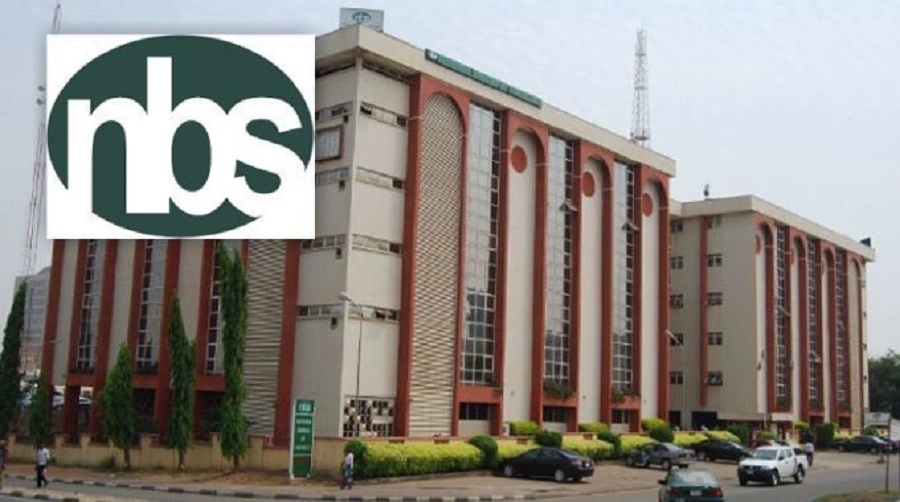The need for a robust healthcare sector in Nigeria has been highlighted not only by the global COVID-19 pandemic but also by a growing population and the Japa syndrome.
The skills of healthcare professionals are incredibly vital in fighting diseases, preventing infections, and protecting against health threats.
Healthcare roles require professionals to spend long years studying. Most healthcare roles in Nigeria require professionals to spend 5-7 years in a professional course at the university, and then do an internship before going on the mandatory National Youth Service Corps (NYSC).
Yet, despite the importance of healthcare professionals in Nigeria, healthcare professionals are often underpaid, overworked, and made to work in hostile and unfriendly environments.
Frequent Doctors’ strikes
Nigerian doctors in both the public and private sector are popular for embarking on strikes and the major reason is to demand a salary increase.
In July -August 2023, resident doctors through the National Association of Resident Doctors went on a 3-week strike demanding an increase in salaries from 200 percent to 550 percent because of the removal of fuel subsidies in the nation.
Last month, doctors in Kogi went on a 21-day strike.
The inflation in salaries
The salaries of healthcare professionals are pathetic compared to the long hours put in.
The recent economic crisis of the country has further eroded the remuneration received leaving healthcare professionals with no choice but to seek greener pastures in other countries (Japa) or completely leave the profession.
The healthcare professionals that are left are stretched past capacity and it leaves more room for medical errors, accidents, poor patient care, and in some cases, death.
Solution in sight
As a way to control disparities among salaries of healthcare professionals, official and unofficial groups in all healthcare professions come together to create a list of recommended average salaries for each profession.
The list is curated so that each professional can charge within the range and for healthcare settings to pay staff within the range.
Here are the recommended average salaries for different healthcare jobs in Nigeria.
| Healthcare roles | Recommended Average salaries. |
| Occupational Therapist | N160,000-N320,000 monthly |
| Nutritionists and Dieticians | N160,000-N320,000 monthly |
| Public/Community Health Officer (Bsc, HND), Senior CHEW (SCHEW-HND) | N160,000-N320,000 monthly |
| Optometrist | N160,000-N320,000 monthly |
| Physiotherapist | N160,000-N320,000 monthly |
| Nursing Officer (RN/RM, BNSc/RN, Double qualified)
| N160,000-N320,000 monthly |
| Medical Laboratory Scientist | N160,000-N320,000 monthly |
| Radiographer | N200,000-N350,000 monthly |
| Pharmacist | N200,000-N350,000 monthly |
| Doctors/Physicians | N250,000-N400,000 monthly |
| NEBOSH Safety Officers | N1 million-N3 million monthly |












How nurses salary go poor like that
You have said it all, health practitioner deserve more, please we plead the Government do the needful please.
Though the effort of the writer is appreciated, I totally disagree with the suggested pay scales which put Nurses lower than the equals. Generally, the suggested new pay for all the professionals are still poor.
Considering the condition of the country and the japa syndrome which prompted the writer’s interest, I am looking forward for a Nigeria where the lowest cadre in civil service receives up to #500-800.00, while the higher cadre gets #1000 000.00 and above OR let the government pay the civil servants about 80% / hour of an oversea salary equivalent so as to curb the japa syndrome.
This is important because a civil servant is a citizen with same RIGHTS as a House of Rep member
However, if about five (5) professionals spent same number of years in the University, Internship and NYSC, what justification do we have on salary disparity?
In my opinion, we need massive salary increment as never before. The type that can attract foreign workers.
Community Health Officers salary is too poor. They are posted rural and disadvantaged communities with no public utilities such as light, pipe borne, good school for there kids etc and also under not only biological hazards but hostile environment infested by bandits. This is not looking good.
I appreciate all comments some public health officers cadre is not mentioned boldly like others (EHOs)
Why should the pharmacists and radiographers salary be higher than the others like the nurses and medical laboratory scientist?
I can understand Radiographers Hazard allowance, but Chemists aka Pharm , lol 😂
This country is yet to recognize the role of the medical laboratory scientist. Why pay nurses and laboratory scientists lower than radiographer and pharmacist, what is the basis for arriving at the pay?
Nurses that are doing most of the hospital work, should be collecting less than the pharmacist, how come?
I think for us in Nigeria to make a better health service delivery, we must appreciate every cadre and her role because some public health officers are looking at themselves as small gods in the health sector, the disparity too much, if things been equal the tertiary health services may be less pronounce because everyone is going to put on his best.